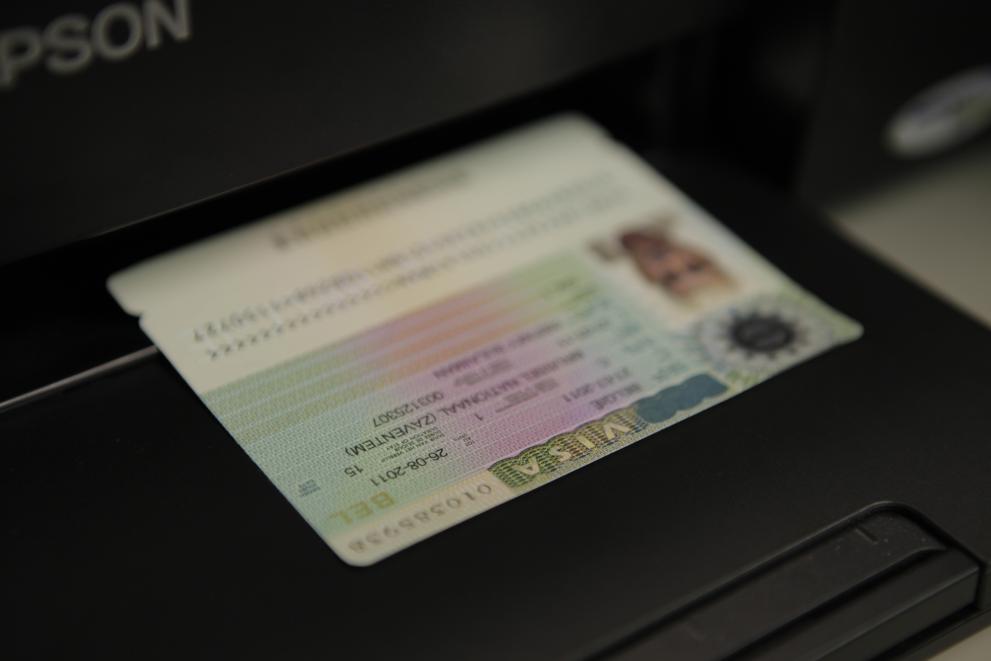
The Commission proposes full suspension of the EU’s Visa Facilitation Agreement with Russia.
The measure comes after partial suspension of the Visa Facilitation Agreement with Russia already in place since 25 February 2022.
Once adopted by the Council, the proposal will suspend all provisions of the Agreement for all citizens of Russia and all visa facilitation will end. EU countries will instead apply the general rules of the Visa Code.
There are currently under 1 million valid visas for Russian citizens. The overall number of visas issued for Russians citizens and recorded in the Visa Information System is about 14 million, out of which about 13 million are no longer valid. For January - June 2022, EU has recorded just over 1 million entries of Russian nationals at its sea, air and land borders. This included people who own a multi-entry visa and who are able to enter and exit the EU more than once with the same visa.
Non-recognition of Russian Passports issued in illegally occupied regions of Ukraine
The Commission also proposes a common EU approach for non-recognition of Russian passports issued in illegally occupied foreign regions. Since the European Union does not recognise the illegal annexation of Crimea and the city of Sevastopol, nor of other Russian-occupied regions in Ukraine, passports issued by Russian authorities in these territories have generally not been recognised by Member States. Today’s proposal refers also to passports issued in the Russian-occupied Georgian territories of Abkhazia and South Ossetia.
This initiative comes after the Commission issued guidelines for concerned Member States Consulates and national authorities in 2014, 2016 and 2019 on how to handle visa applications for residents of Crimea and on non-recognition of certain Russian passports.
Russia currently extends the practice of issuing ordinary Russian passports to other non-government-controlled areas of Ukraine, in particular the Kherson and Zaporizhzhia regions. Today’s proposal is a further step in the EU common response to the Russian military aggression against Ukraine and the Russian “passportisation” in illegally occupied foreign regions.
According to the Agreement, each party may suspend it in whole or in part for reasons of public order, national security or protection of public health. All criteria are at risk following Russia’s decision to invade Ukraine and latest developments in the war zone.
Next Steps
It is now for the Council to examine these proposals and decide whether to suspend the Visa Facilitation Agreement. The measures become applicable upon adoption. In line with Article 15(5) of the Agreement, Russia will be notified of the decision on suspension no later than 48 hours before its entry into force.
Further information
- Press release: Commission proposes full suspension of Visa Facilitation Agreement with Russia
- Questions and Answers: Proposal for the suspension of the EU-Russia Visa Facilitation Agreement
Details
- Publication date
- 6 September 2022
- Author
- Directorate-General for Migration and Home Affairs
